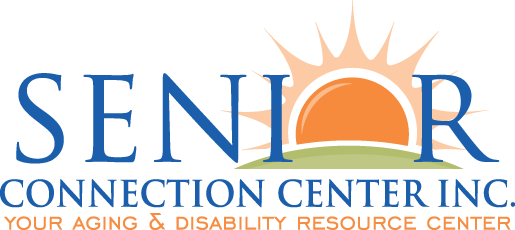Alzheimer’s Disease (AD) poses a profound challenge not only for those diagnosed but also for their caregivers. As a caregiver, staying informed about the latest research, advancements in clinical treatments, and understanding genetic factors can significantly enhance the quality of care provided. Here’s a comprehensive overview that caregivers might find valuable.
Understanding Alzheimer’s Disease
Alzheimer’s Disease is a progressive neurological disorder that leads to memory loss, cognitive decline, and eventually, the inability to carry out the simplest tasks. It primarily affects older adults, but younger-onset Alzheimer’s can occur in people under 65. The exact cause of Alzheimer’s is still not fully understood, but it is believed to result from a combination of genetic, environmental, and lifestyle factors.
Latest in Clinical Research
Recent clinical research has focused on various promising avenues:
- Disease-Modifying Therapies: In recent years, the FDA approved several drugs aimed at slowing the progression of Alzheimer’s. These drugs target amyloid plaques and tau tangles, the hallmarks of the disease. Aducanumab and lecanemab are two such drugs that have shown promise in reducing amyloid plaques in the brain, potentially slowing cognitive decline.
- Immunotherapy: Research is exploring the use of immunotherapy to help the body’s immune system attack the abnormal proteins associated with Alzheimer’s. Clinical trials are underway to test the efficacy of these treatments.
- Lifestyle Interventions: Studies have highlighted the importance of lifestyle factors in mitigating the risk of Alzheimer’s. Regular physical activity, a balanced diet rich in fruits, vegetables, and omega-3 fatty acids, cognitive training, and social engagement have all been associated with a reduced risk of cognitive decline.
Advances in Gene Testing
Genetic testing has become a crucial tool in understanding Alzheimer’s risk. The most common genetic marker associated with Alzheimer’s is the APOE-e4 gene. Individuals carrying one or two copies of this gene variant have a higher risk of developing the disease. However, it is important to note that having the gene does not guarantee one will develop Alzheimer’s, nor does it mean that those without the gene are immune.
Practical Tips for Caregivers
- Education and Support: Staying informed about the disease and seeking support from Alzheimer’s organizations can provide valuable resources and emotional support. Organizations like the Alzheimer’s Association offer educational programs and support groups for caregivers.
- Routine and Structure: Establishing a daily routine can help reduce anxiety and confusion in individuals with Alzheimer’s. Consistent schedules for meals, activities, and sleep can create a sense of normalcy.
- Communication Techniques: As Alzheimer’s progresses, communication becomes challenging. Using simple, clear language, maintaining eye contact, and being patient can help. Non-verbal cues, such as a reassuring touch, can also be comforting.
- Safety Measures: Ensuring a safe environment is crucial. Remove tripping hazards, install locks on cabinets with potentially dangerous items, and consider a monitoring system if wandering is a concern.
- Self-Care for Caregivers: Caring for someone with Alzheimer’s can be physically and emotionally draining. It is essential for caregivers to take time for themselves, seek respite care when needed, and maintain their health through regular exercise, a balanced diet, and adequate sleep.
Conclusion
Caring for someone with Alzheimer’s Disease is a demanding yet rewarding role. By staying informed about the latest research and advancements in treatment, understanding genetic risks, and implementing practical caregiving strategies, caregivers can significantly improve the quality of life for their loved ones and themselves. Always remember that support is available, and seeking help is a sign of strength, not weakness.
Interested in a clinical research study or free memory testing? Contact K2 Medical Research in Tampa at 813-800-5252
